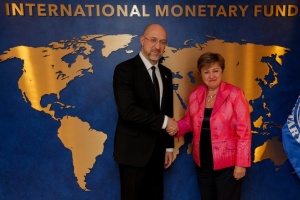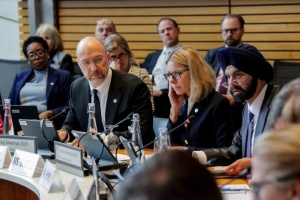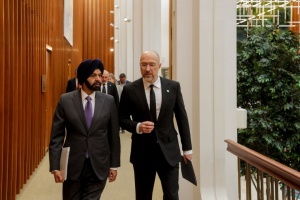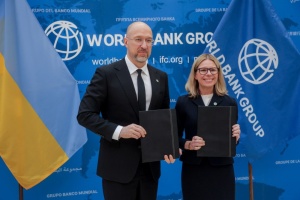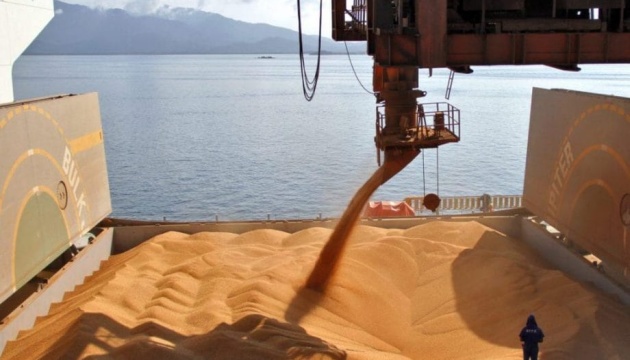
EC announces measures to respond to excessive Ukrainian food supply to EU
The EC's Deputy chief spokeswoman Dana Spinant announced this today at a press briefing, an Ukrinform correspondent reports.
According to her, this includes support for affected farms and restrictive measures on the supply of Ukrainian grain and other food products to the EU market.
This morning, the EC's President responded to a letter from five EU governments regarding the situation with Ukrainian agricultural exports. The President emphasized that she is fully aware of the concerns expressed about the increase in imports of certain Ukrainian agricultural products to the EU market. She stressed that in light of the Single Market and Customs Union, a common European approach is needed to address these concerns. The President has presented three proposals to address this situation, Dana Spinant said.
The first of the proposals, as the spokeswoman stated, relates to the continuation of support for European farmers affected by this market situation.
A support package of EUR 56.3 million has already been provided. A second financial support package of EUR 100 million is currently being prepared. Second, measures will be taken in accordance with existing trade rules for certain categories of grain. This applies to wheat, corn, sunflower, and rapeseed seeds. Third, investigations will be launched into other sensitive products, Dana Spinant stated.
She reminded that this afternoon European Commissioner for Trade Valdis Dombrovskis will discuss this action plan and the proposals presented with the ministers of the five EU countries that have written to the EC. Negotiations will also be held today with a representative of Ukraine.
The EC is determined, on the one hand, to support Ukraine in exporting its products, including agricultural goods, as this is an important "lifeline" for the Ukrainian economy. The EC is committed to delivering these products to the world market where they are needed, in particular to respond to food security concerns. At the same time, the EC is fully committed to supporting European farmers, the spokeswoman emphasized.
She noted that the EC is currently working on relevant proposals to address the current situation together with the EU Council and the Swedish Presidency of the EU Council.
As reported, local farmers in the countries bordering Ukraine protested the influx of Ukrainian agricultural exports and the resulting decline in market prices for agricultural products. The governments of Poland and Hungary announced a ban on imports of Ukrainian grain and other agricultural products. This caused critical remarks from the EC, which insists on finding a common response to the existing problems within the EU.
The governments of five EU countries (Poland, Slovakia, Hungary, Romania, and Bulgaria) have sent a letter to EC asking it to limit agricultural imports from Ukraine. The reason for this is that the large flow of grain and food products entering the EU market from Ukraine has led to a drop in prices for such products. This has caused damage to farmers, primarily in countries bordering Ukraine.
After the start of Russian war in Ukraine and the blockade of the Black Sea seaports, through which agricultural products were usually exported to the world market, the EU organized "solidarity corridors" on the borders with Ukraine to direct part of its agricultural exports to the world market by land, using road and rail transport, as well as inland waterways.

